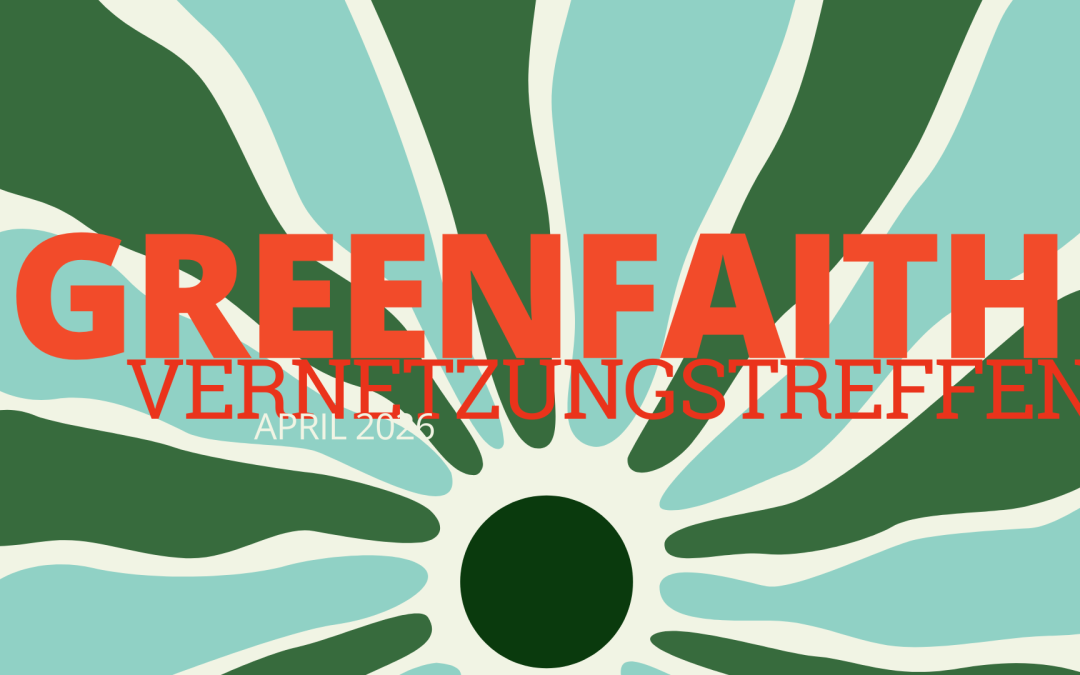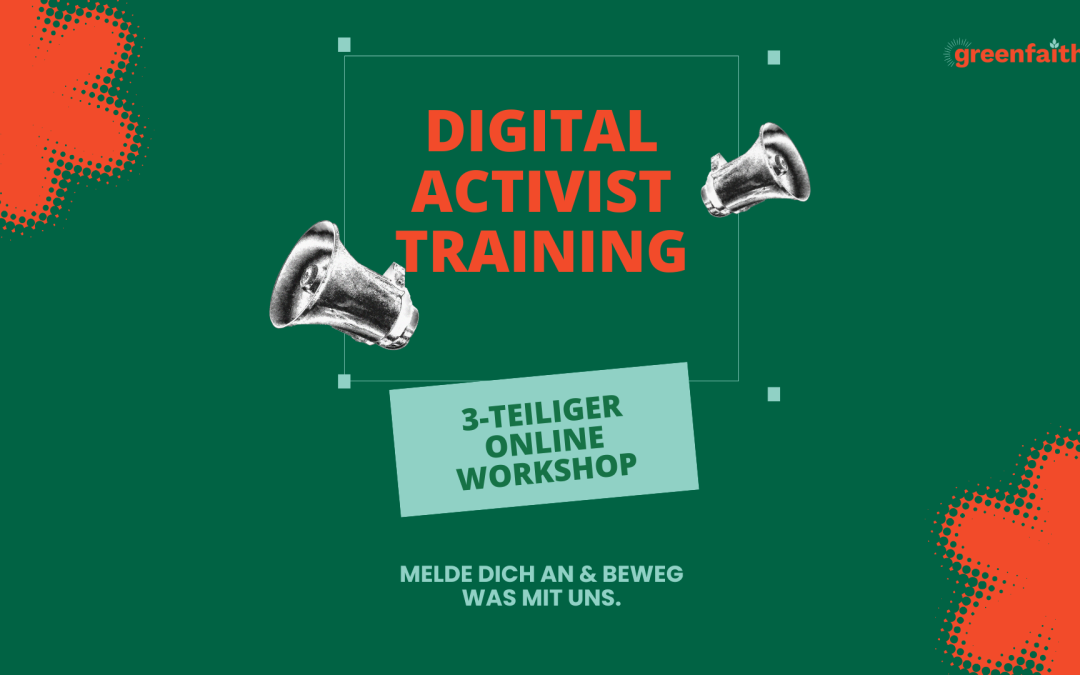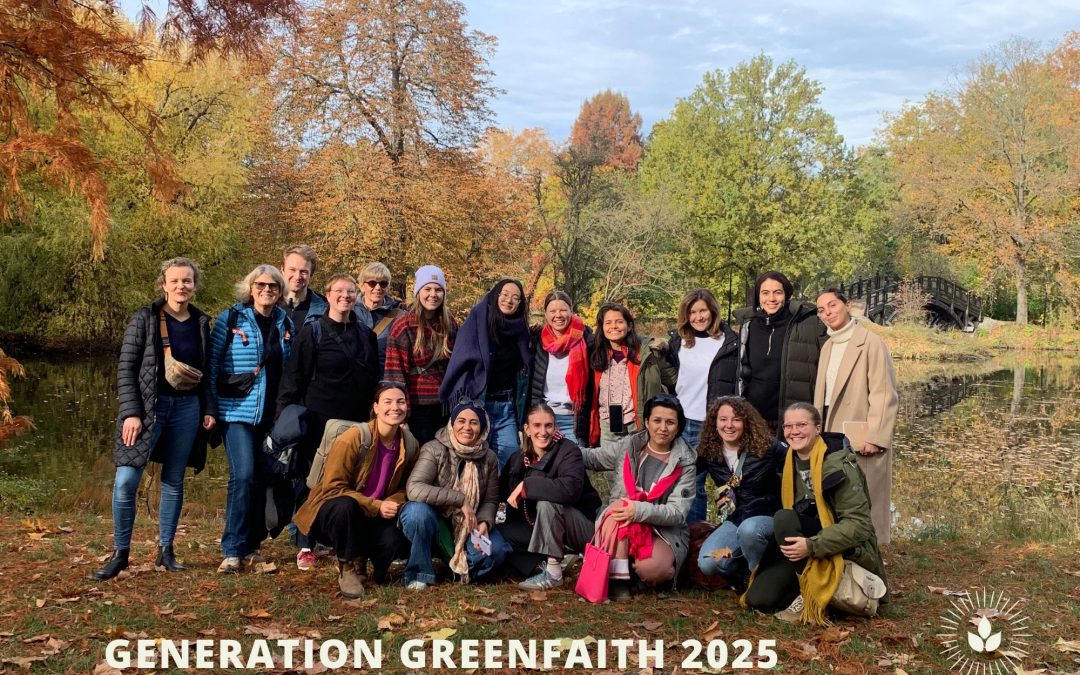Every year, Climate Week in NYC gathers worldwide leaders for important climate movement meetings and planning sessions. This year’s Climate Week ran from Sept. 22-28, and GreenFaith was the bridge between secular and faith spaces, calling our movement into greater action for a just future.
Executive Director Rev. Fletcher Harper offered impassioned remarks at a Fossil Fuel Non-Proliferation Treaty meeting, reminding hundreds of activists gathered for a strategy session about the enduring values that make the Treaty so important. This convening follows hundreds of new religious organizations signing the Treaty multi-faith letter during the Season of Creation.
Fletcher was also one of five speakers at the tenth anniversary of the landmark Faiths for the Earth conference at Union Theological Seminary, which GreenFaith helped organize and which took place the day before the historic People’s Climate March.
Faith Week was an occasion to highlight the faith sector’s contribution to climate action. During the past decade, religious groups have played a vital role in the fossil fuel divestment movement and in resisting new oil and gas projects. From Standing Rock to Line 3 in the United States to halting the East Africa Crude Oil Pipeline in Tanzania and Uganda, people of faith have heeded the cries of the earth and the suffering of those least responsible and have taken action for a better future.
GreenFaith and other religious groups have become involved in pressuring financial giants, including Citi and Blackrock, which have poured billions of dollars into financing the fossil fuel industry and new oil and gas projects.
And yet, to meet the scale of the crisis we face, religious communities must do more. There is enormous potential for increased religious engagement. One immediate and powerful mechanism is for faith groups to upscale support for the Fossil Fuel Non-Proliferation Treaty and to become involved in activist climate change campaigns. Religious leaders must speak out prophetically and consistently. Progressive religious organizations must challenge fundamentalist and traditionalist religious leaders and groups for their consistent anti-climate, anti-poor, anti-women, anti-LGBTQ stances.
As part of the week, GreenFaith took part in a demonstration pressuring Citi, the world’s largest financier of the fossil fuel industry since the Paris Agreement, to phase out their support for coal, oil and gas projects. Rev. Chelsea MacMillan, who organized several multi-faith direct actions targeting Citi during the “Summer of Heat” this past July-August, led GreenFaith’s efforts.
We continued Faith Week engagement on Wednesday evening through outreach to grassroots faith communities. GreenFaith spoke to a gathering of eight Episcopal churches on Staten Island, the New York borough devastated by Superstorm Sandy. These congregations are exploring launching a GreenFaith Staten Island Circle, which will activate people of faith who know all too well the impacts of climate change.
Two Climate Week quotes highlight the opportunity our movement now faces:
- “The 2015 Paris Climate Agreement was forged on the streets of New York in 2014 during the People’s Climate March.” A senior member of the UN team that led the Paris Agreement negotiations and who witnessed the impact of the March on the mindset of politicians. GreenFaith led the recruitment of thousands of faith participants in the March.
- “In California, between January 1–August 31, 2024, renewable energy met or exceeded the entire state’s electricity demand for more than 40 days. On April 11, solar alone provided more than 100% of demand for the first time ever in California,” author Bill McKibben said at a private meeting during Climate Week.
A future powered by clean energy is entirely possible. To build this future, it is essential that faith communities dramatically scale up mobilizing for governments and corporations to end fossil fuels and their financing, invest in clean energy, and provide loss and damage funding for communities already suffering from climate impacts.
A better future is in reach, but it will take all of us, doing all we can. We invite you to join us in activating faith communities across the globe to build a more just future for us all.




